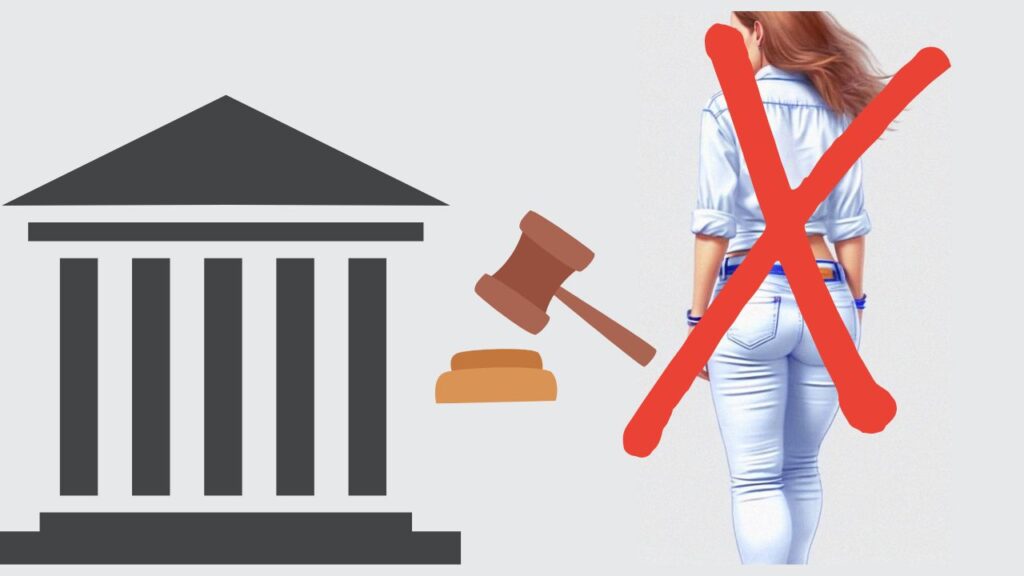
In the fast-paced realm of technological advancements, the DeepNude app has sparked widespread debates and curiosity, prompting many to question: “Is it legal to use DeepNude app?” This article seeks to unravel the ethical concerns and legal intricacies surrounding DeepNude, shedding light on potential consequences for users while exploring the multifaceted landscape of privacy laws, intellectual property rights, and the right to control one’s image.
Understanding DeepNude
DeepNude, an AI-powered application leveraging deep neural networks, has garnered attention for its ability to generate lifelike nude images from clothed photographs. While the technology is cutting-edge, the ethical dimensions of its applications have sparked significant debates.
Ethical Dilemmas
Before delving into the legal aspects, it is essential to acknowledge the ethical concerns that DeepNude raises. The app’s potential to violate privacy and consent underscores the need for responsible technology use, considering the profound impact on personal and professional lives.
The Legal Question
Now, circling back to the initial query – “Is it legal to use DeepNude app?” – we navigate through a complex legal landscape, intertwining privacy laws, intellectual property rights, and the right to control one’s image. The answer lies within an analysis that considers jurisdictional variations and the implications of utilizing this controversial application.
1. Privacy Laws and DeepNude
Privacy laws, designed to shield individuals from unwarranted intrusions, may classify the use of DeepNude as a breach of these rights. Stringent privacy regulations in various countries could potentially deem the app’s use unlawful.
2. Intellectual Property Rights and DeepNude
DeepNude infringes upon individuals’ intellectual property rights, as the app generates and distributes manipulated nude images without the owner’s consent. Unauthorized use of someone’s likeness may result in legal consequences.
3. Revenge Porn Laws and DeepNude
Certain jurisdictions may categorize the use of DeepNude under revenge porn laws, addressing the non-consensual creation and distribution of explicit content. Legal repercussions can be severe for those found guilty under these laws.
4. Computer Fraud and Abuse Act (CFAA)
In the United States, users might face legal consequences under the Computer Fraud and Abuse Act if DeepNude is used to access personal data or images without authorization.
5. Terms of Service Violations
DeepNude use could breach the terms of service on various platforms, expressly prohibiting the creation and distribution of explicit content without consent. Violating these terms may lead to account suspension or legal action.
Conclusion
In conclusion, as we reflect on the question, “Is it legal to use DeepNude app?” the complexities of privacy, consent, and ethical responsibility become more apparent. The legal landscape surrounding such applications is intricate and varies globally. As technology advances, lawmakers must adapt to address emerging challenges and protect individuals from potential misuse.
Individuals must tread carefully, considering the ethical implications and potential legal ramifications associated with DeepNude. Engaging in activities that infringe upon privacy, intellectual property rights, or other legal principles can have severe consequences. As society grapples with the evolving intersection of technology and morality, responsible innovation is crucial to uphold the rights and dignity of individuals in the digital age